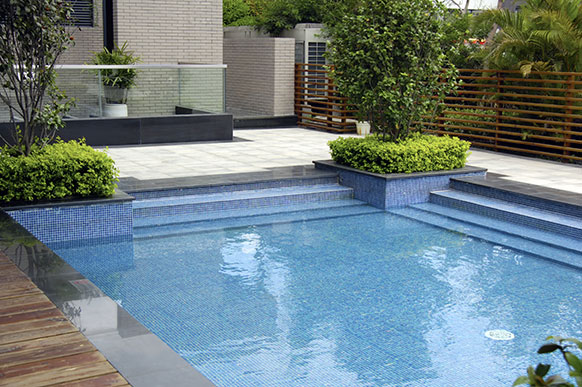Do you have a swimming pool? Is it safe? Is it legal? We asked guest blogger John Denoon of Pool Certification Sydney to tell us about the new regulations.
- Did you know that if you have a swimming pool it must be registered?
- Did you know that if you lease or sell your property after 29th April 2016, it must have a certificate of compliance attached to the contract?
- Did you know that drowning is the highest cause of accidental death among young children and 70% of these drownings happen in backyard pools?
- Did you know that for every child death by drowning, there are around 10 more children admitted to hospital after nearly drowning, and a quarter of those children suffer long-term brain injuries?
John Denoon of www.poolcertificationsydney.com.au explains what the law says about pool safety compliance and what you must do to ensure your pool is not only within the law, but safe for your family and your friends.
Pool deaths accounted for 39 out of 266 drownings in the year up to June 30th 2014, says the Royal Lifesaving Society. 14 of these deaths were children under five. It’s a drop in numbers since 2013, but if you consider that for every fatal child drowning there are around 10 children admitted to hospital from near fatal drownings – and 10% of these experience long-term brain injury, it’s a number that needs to improve.
The NSW Government has passed pool safety and pool barrier legislation in the interest of saving the lives of young children. We have among the most stringent regulations in Australia which are enforced by local councils. Stringency is a good thing. “The home swimming pool claims the lives of 70% of all drowning deaths in children under five.” according to Justin Scarr, CEO Royal Life Saving.
However, implementing the safety standards isn’t proving easy. Current estimates show that around 90% of the estimated 380,000 residential pools in NSW would fail the safety compliance test. That’s 90% of pools that are a threat to young children’s safety.
Becoming compliant is a two step process:
- All pools must be registered: Simply log on to swimmingpoolregister.nsw.gov.au. All pools needed to be registered by October 2013. Unregistered pools can cost up to $220 in fines.
- All pools in a homes that are sold or leased after 29th April 2016 must have a safety compliance certificate issued and attached to the contract.
To get your compliance certificate, you’ll need your pool inspected by an accredited pool certifier. The deadline for swimming pool and spa certification in NSW is 29th April 2016.
How does it work?
Once you have found an accredited certifier, book an inspection. Most certification inspections take between 30 and 60 minutes. If your pool requires rectification work, you will receive a report detailing the areas requiring attention. After this first certification check the clock starts ticking. You are obliged to address any issues and make your pool fully compliant within six weeks, when a second inspection is due. To avoid the panic of a rush job, one option is to ask a certifier to give you a verbal consultation, and scope out any rectification work before starting the formal process. This will give you more time to make the right decisions about tradesmen and materials and to arrange any work to suit your schedule. It also improves significantly the likelihood of gaining certification on the first formal inspection.
If you’d like to find out more about the relevant legislation there is a list of useful websites listed here: http://www.poolcertificationsydney.com.au/legislation/
More information about the pool certification process is available from the NSW Government Building Professionals Board here: http://bpb.nsw.gov.au/
If you’d like to know more, feel free to give John a call on 0418 977 677 or email me at [email protected]. After all this is how you want your pool days to look.
















Excellent article.